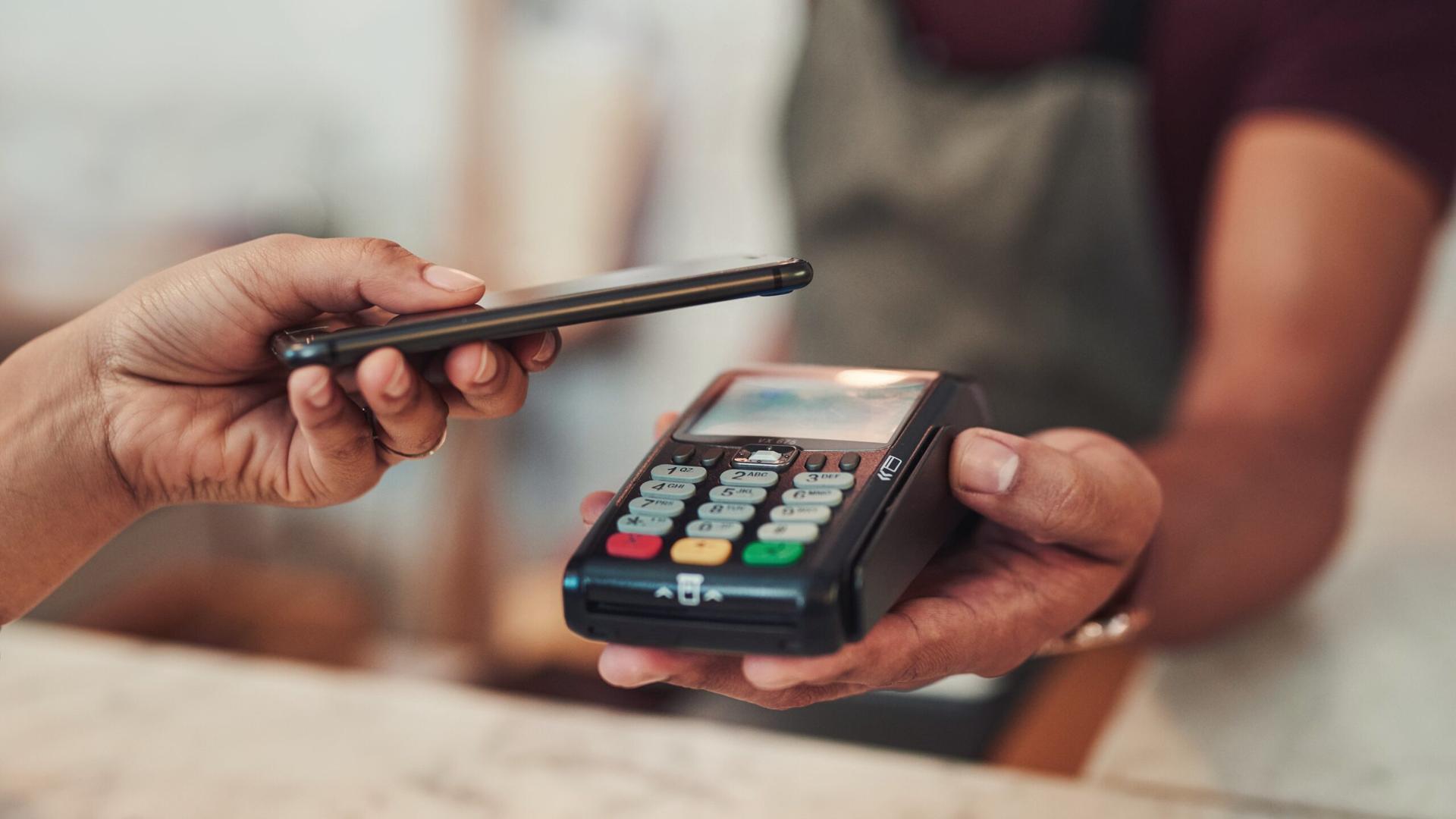Africa-Press – Seychelles. Mobile Money, commonly referred to as Momo, has revolutionized the way people transact and manage their finances, providing convenience and accessibility to millions of users.
However, with the increasing popularity of Momo services, there has also been a rise in Momo fraud and cybercrime. Scammers and fraudsters are constantly devising new tactics to exploit unsuspecting users and steal their hard-earned money. In this article, we shed light on the dangers of Momo fraud and provide essential tips on how to protect yourself from falling victim to these scams.
1. Types of Momo Fraud:
Momo fraud can take various forms, and it’s crucial to be aware of the common tactics used by scammers:
a. Phishing Scams: Fraudsters may send fake messages or emails impersonating Momo service providers, asking users to click on malicious links to steal their login credentials and personal information.
b. Sim Swap Fraud: Scammers may attempt to convince mobile network operators to transfer a victim’s phone number to a new SIM card under their control. With access to the victim’s number, they can intercept Momo verification codes and gain unauthorized access.
c. Social Engineering: Fraudsters may call or message users, pretending to be friends, family members, or Momo agents, and request money transfers under false pretenses.
d. Fake Momo Agents: Scammers may pose as Momo agents or representatives, offering to help users with transactions but end up stealing their funds.
2. Protecting Yourself from Momo Fraud:
a. Verify Links and Messages: Be cautious of unsolicited messages or emails containing links. Always verify the sender’s identity and the authenticity of links before clicking on them.
b. Use Strong Passwords: Create strong and unique passwords for your Momo accounts. Avoid using easily guessable information, such as birthdates or names.
c. Enable Two-Factor Authentication (2FA): Enable 2FA whenever possible, as it adds an extra layer of security to your Momo account by requiring a verification code in addition to your password.
d. Avoid Sharing Personal Information: Never share sensitive information, such as your Momo PIN, verification codes, or personal identification numbers, with anyone, including alleged Momo agents.
e. Beware of Impersonators: Be cautious of calls or messages from unknown individuals claiming to be Momo agents. Always verify the identity of the person before proceeding with any transaction.
f. Report Suspicious Activity: If you encounter any suspicious activity or believe you may have been a victim of Momo fraud, report it immediately to your Momo service provider and the relevant authorities.
3. Educating Others:
Spread awareness about Momo fraud among your friends, family, and community. Educate them about the risks and precautions to take when using Momo services.
Conclusion:
Momo fraud is a growing concern in the digital age, and scammers are becoming increasingly sophisticated in their tactics. However, with vigilance, awareness, and adherence to security best practices, users can protect themselves from falling victim to these scams. Remember to verify links and messages, use strong passwords, enable two-factor authentication, and avoid sharing personal information. By staying informed and educating others, we can collectively combat Momo fraud and safeguard our financial well-being in the digital era. Stay alert, stay secure, and transact with confidence using Momo services.
For More News And Analysis About Seychelles Follow Africa-Press






